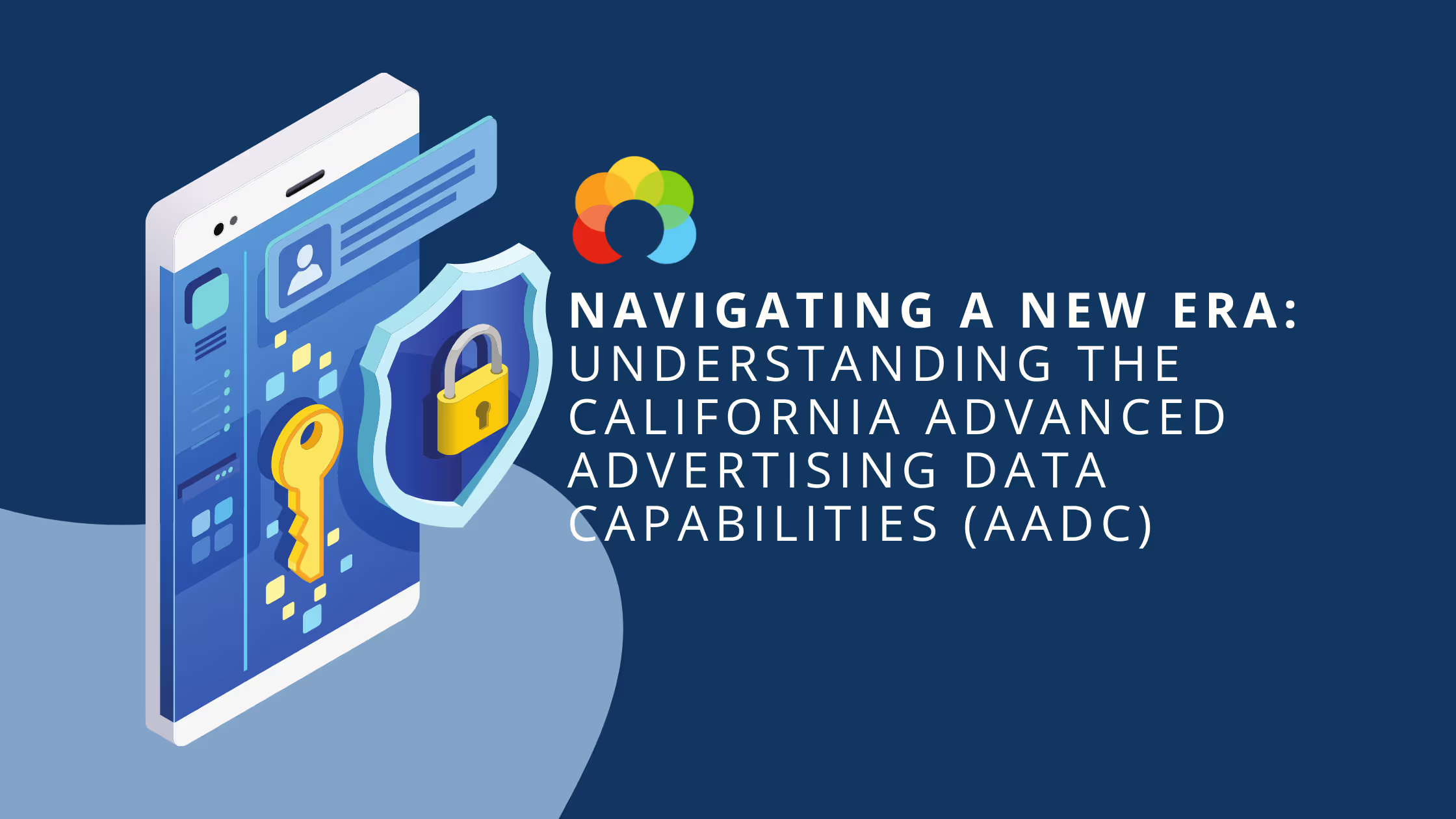
In this era of a fast-moving digital landscape, adtech providers must constantly adapt to regulatory changes. The California Advanced Advertising Data Capabilities (AADC) is the latest development in the realm of privacy and data protection. As a safe ads provider, Kidoz recognizes the importance of keeping our partners and customers informed about these changes. Here we will delve into the key aspects of the AADC and explore how it impacts our dynamic mobile ad industry.
Understanding the California AADC:
The California AADC is a groundbreaking data privacy law that aims to protect consumer rights and provide greater transparency in the advertising ecosystem. It builds upon the existing California Consumer Privacy Act (CCPA) and further enhances privacy safeguards, such as updating the age of data protection, from 12 (those under 13) to 16 (those under 17). The AADC focuses specifically on advanced advertising data capabilities, addressing issues such as data collection, usage, and disclosure in the digital advertising realm.
Key Provisions and Requirements:
The AADC introduces several provisions that adtech providers and advertisers must adhere to:
a. Data Collection Limitations: Advertisers must ensure that any data collected for targeted advertising purposes is relevant, necessary, and proportionate to the intended use. Unnecessary or excessive data collection is discouraged.
b. Consent and Opt-Out Mechanisms: The bill emphasizes obtaining informed consent from consumers before collecting or using their personal information. Adtech providers need to offer clear and easily accessible opt-out mechanisms to empower users to control their data.
c. Data Retention and De-Identification: Adtech companies must establish reasonable data retention periods and adopt appropriate de-identification techniques to safeguard consumer privacy. Personal information should be securely anonymized or removed when it is no longer needed for advertising purposes.
d. Transparency and Consumer Rights: The AADC strengthens consumer rights by requiring adtech providers to clearly disclose their data collection and usage practices. Consumers have the right to request access to their data, know how it is being used, and request its deletion.
Implications for Advertisers and Adtech Providers:
The AADC presents both challenges and opportunities for advertisers and adtech providers:
a. Enhanced Consumer Trust: By aligning with the AADC's principles, adtech providers can foster greater trust among consumers. Transparent data practices and robust consent mechanisms can enhance brand reputation and encourage users to engage with personalized advertising.
b. Operational Changes: Advertisers and adtech providers will need to review their data collection and storage practices to ensure compliance with the AADC. Implementation of proper consent mechanisms and opt-out features will require adjustments to existing systems and processes.
c. Innovation in Privacy-Preserving Technologies: The AADC encourages the development and adoption of privacy-preserving technologies, such as differential privacy and federated learning. Adtech providers can explore these innovations to strike a balance between personalized advertising and consumer privacy.
The Road Ahead:
As the AADC comes into effect, it is crucial for adtech providers and advertisers to remain proactive. Key steps to navigate the new landscape include:
a. Conducting Privacy Audits: Assess current data practices, ensuring compliance with the AADC's requirements. Identify areas that may need adjustment and implement necessary changes.
b. Educating Stakeholders: Train employees and clients about the AADC's provisions, highlighting the importance of privacy protection and the potential impacts on advertising strategies.
c. Embracing Privacy-by-Design: Embed privacy considerations into product development processes. Adopt privacy-enhancing technologies and methodologies from the outset to demonstrate a commitment to consumer privacy.
The California AADC marks a significant step in strengthening consumer privacy within the advertising industry. Adtech providers need to embrace these changes, adapt their practices, and prioritize transparency and user consent. By doing so, they can not only comply with the AADC but also build trust and foster positive relationships with consumers. This proactive approach to privacy protection will not only ensure compliance with the AADC but also position solution providers as responsible and ethical stewards of consumer data. By putting privacy at the forefront, advertisers and adtech providers can establish themselves as trustworthy partners, driving customer loyalty and fostering a sustainable advertising ecosystem that respects and safeguards consumer privacy rights now and in the future.
Questions or concerns? Reach out to our team of safety and compliance experts today.


